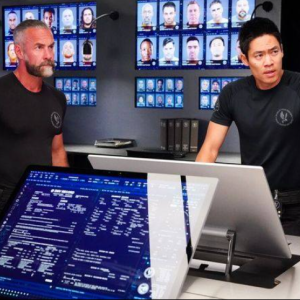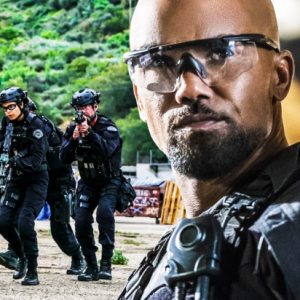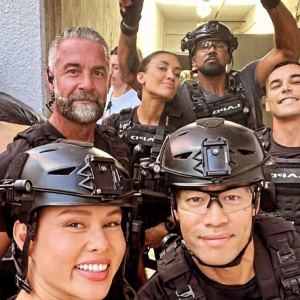The announcement of S.W.A.T. Exiles has sent ripples of intrigue and concern through the fanbase, particularly given the previous series finale left Daniel “Hondo” Harrelson and his elite 20-Squad in a state of unity and triumph. The idea of Hondo, a man whose very essence is defined by unwavering loyalty and leadership, being exiled and forcibly retired seems incongruous with the established narrative. The original series concluded without shocking deaths, surprising retirements, or the disbandment of the team, presenting a sense of closure that the spinoff now threatens to unravel. For S.W.A.T. Exiles to credibly portray Hondo’s radical departure from his life and team, a profound and devastating catalyst is required, and the most compelling, albeit brutal, narrative justification points to the tragic demise of 20-Squad.
Hondo’s identity has always been inextricably linked to his squad. From the inception of the series, he emerged not just as a tactical leader, but as the moral compass and emotional anchor that bound his team together. His leadership philosophy is one of self-sacrifice and unwavering protection; he is the kind of man who would always eat last, carry the heaviest burden, and under no circumstances would ever abandon a member of his team. This deep-seated loyalty and commitment to 20-Squad is fundamental to his character. To suggest that Hondo would simply succumb to bureaucratic forced retirement or voluntarily step away from the unit he built and cherished would fundamentally undermine everything viewers have come to understand about him. Such an exit would ring hollow, stripped of the emotional weight necessary to propel a compelling new narrative. The only believable scenario that could compel Hondo to walk away, or be forced into exile, is the complete shattering of the foundation upon which his loyalty rests – the obliteration of 20-Squad itself.
The case for eliminating 20-Squad in S.W.A.T. Exiles is multifaceted, hinging on emotional impact, narrative justification, and the need for a truly fresh start. Opening the spinoff with the devastating loss of Hondo’s team would deliver an immediate, visceral jolt to the audience, instantly setting a darker, grittier, and more emotionally charged tone than its predecessor. This isn’t merely about shock value; it’s about establishing monumental stakes from the outset.
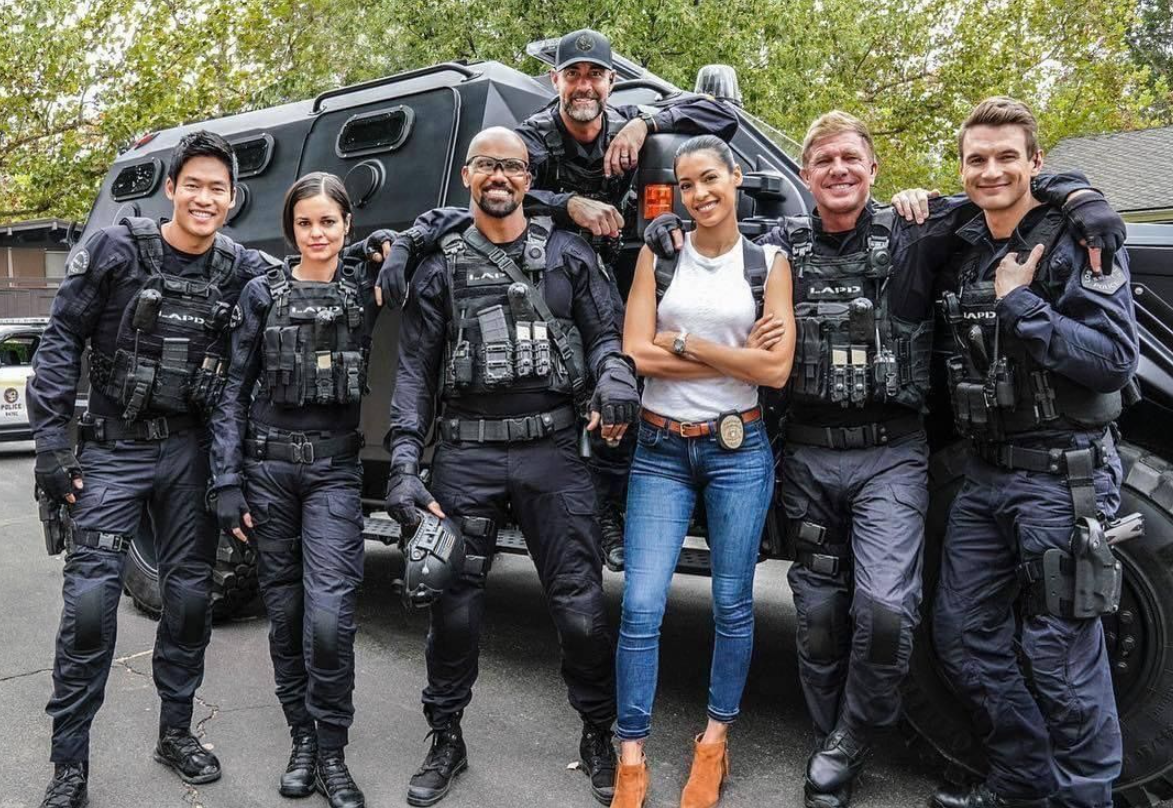
Crucially, the loss of his team provides the most powerful and believable justification for Hondo’s forced retirement and subsequent exile. This isn’t about convoluted political maneuvering, a tiresome paper trail, or a simple change of assignment. It is rooted in raw, agonizing trauma. Such a catastrophic event would inevitably lead Hondo to a profound sense of self-blame, a crushing burden of survivor’s guilt that would make exile feel less like a forced choice and more like a penance, a desperate attempt to escape the ghosts of his past. This internal conflict is far more compelling than any external bureaucratic pressure.
Furthermore, Sony’s ambition for Exiles is clearly to differentiate it from the CBS run, to evolve the franchise rather than merely recycle it. The removal of 20-Squad effectively wipes the narrative slate clean, dismantling the familiar dynamics and forcing Hondo into entirely new alliances and unfamiliar, often international, conflicts. This blank canvas allows for fresh storytelling, character introductions, and a broadening of the S.W.A.T. universe beyond the confines of Los Angeles, without the constant comparisons or obligations to existing team members.
The manner in which 20-Squad could be tragically written out offers several compelling possibilities, each designed to inflict maximum emotional damage and narrative consequence on Hondo. One scenario could involve a mission gone catastrophically wrong, either domestically in a routine operation spiraling out of control, or more likely, during an overseas assignment. A tactical error, unforeseen enemy intelligence, or overwhelming odds could decimate the squad, leaving Hondo as the sole survivor, broken and riddled with guilt.
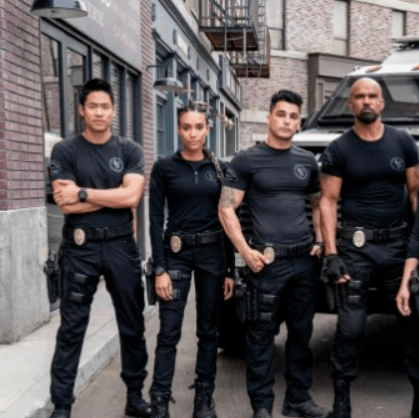
Alternatively, a powerful and vengeful enemy, perhaps a global syndicate like the Red Sword or a new, equally formidable threat, could specifically target 20-Squad as an act of revenge against Hondo or the institutions they represent. This calculated blow would not be a random act of violence, but a precise strike aimed at dismantling Hondo’s world, taking away everyone he loves and holds dear in one brutal, calculated operation. The personal nature of such an attack would escalate Hondo’s vendetta and sense of loss.
A third, equally devastating possibility is institutional betrayal. Imagine 20-Squad being deliberately sacrificed by the very system they served, left without critical backup or intelligence in a politically motivated decision. The discovery of such a betrayal would not only devastate Hondo but would also fuel a burning rage and profound disillusionment with the authorities he once pledged to protect. This form of systemic corruption and abandonment would haunt Hondo forever, providing a powerful motive for his distrust and solitary path in exile.
Regardless of the specific scenario, the fallout for Hondo would be immense. The pain of being the one left alive, the sole survivor of his beloved team, would be the most potent explanation for his retirement. He wouldn’t perceive it as freedom or a peaceful exit, but rather as a profound punishment, a crushing burden that forces him to carry the weight of their sacrifice. With no squad to lead, no team to protect, Hondo would become a wandering warrior, a man stripped of his primary purpose, exiled not by decree alone, but by an overwhelming tide of grief and self-reproach. This brokenness, this profound loss of mission, would make him the perfect, emotionally complex figurehead for Exiles.
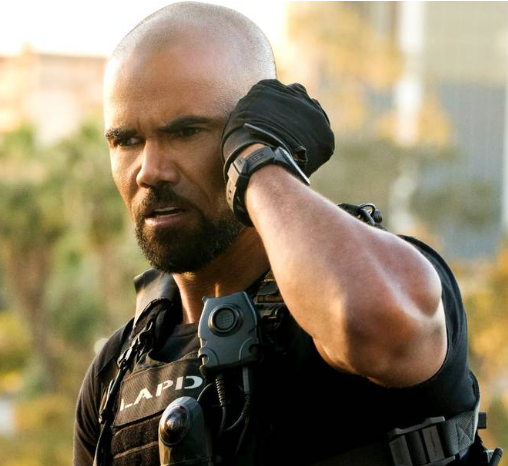
Even in their absence, 20-Squad’s legacy would remain the poignant, emotional heartbeat of the spinoff. Their memory could be kept alive through powerful flashbacks, heartfelt tributes, and the ever-present weight of Hondo’s ongoing guilt and longing. This would ensure that their sacrifice is not forgotten, adding depth and a continuing emotional resonance to Hondo’s new struggles without requiring their physical presence.
This kind of bold narrative gamble, while undoubtedly risky and potentially divisive among fans, could ultimately pay immense dividends for Exiles. It ensures that Sony isn’t merely rehashing the original S.W.A.T. formula but is instead evolving it into something far bolder, darker, and more tragic. It echoes the successful, albeit controversial, strategies employed by shows like The Walking Dead and Game of Thrones, which dared to eliminate “untouchable” characters to shock audiences, elevate stakes, and force genuinely fresh and unpredictable storytelling.
When considering alternatives for Hondo’s exit, none carry the same narrative weight. A bureaucratic forced retirement, where Hondo simply gets pushed into a desk job, feels dull and unbelievable for a man of his convictions. A voluntary exit is equally implausible; Hondo would never willingly abandon his team, his “family.” Even a transfer or promotion to a different unit feels weak; a leader like Hondo wouldn’t trade his deeply personal commitment to 20-Squad for a title or a new department. These alternatives fail to create the dramatic tension and profound character transformation necessary to launch a successful, high-stakes spinoff. The only solution that truly resonates with the depth of Hondo’s character and the ambitious nature of Exiles is a devastating sacrifice.

In conclusion, while the prospect of killing off 20-Squad is undeniably harsh, perhaps even unfair to loyal viewers, it appears to be a necessary tragedy for S.W.A.T. Exiles. It doesn’t dishonor Hondo’s character; instead, it solidifies his legacy as a leader irrevocably broken by loss. He becomes a man wandering the world not by choice, but because the profound trauma of his past leaves him no other option. In that brokenness, in that profound struggle with grief and purpose, lies the powerful, compelling hook Sony needs to captivate audiences and forge a compelling new chapter for the S.W.A.T. universe.

